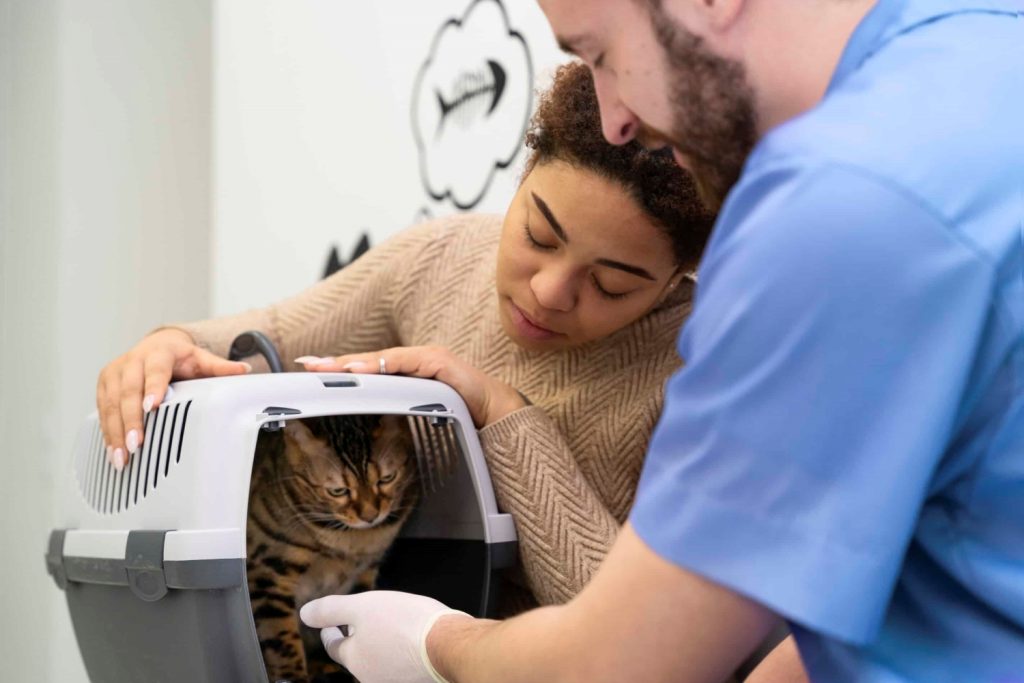Regular veterinary care and proper medication are crucial for maintaining the health and well-being of your pets. Cats and dogs, like humans, require medical attention to prevent and treat various health conditions. Understanding the importance of regular check-ups, common medications, and how to properly administer them can make a significant difference in your pet’s quality of life.
The Importance of Regular Veterinary Check-Ups
Routine veterinary visits are essential for early detection and prevention of diseases. During these check-ups, veterinarians can perform examinations to assess your pet’s overall health, administer vaccinations, and discuss any changes in behavior or health that might require attention. Regular visits help in establishing a health baseline, allowing early intervention if any issues arise.
Common Medications for Pets
Pets, like humans, may require medication for various conditions. Some common medications include:
- Flea and Tick Preventatives:** Essential for protecting pets from parasites that can cause discomfort and transmit diseases. These are typically available in topical, oral, or collar forms.
- Heartworm Medications:** Regular administration of heartworm preventatives is crucial, especially in areas where heartworm is prevalent. These medications protect pets from potentially life-threatening infections.
- Antibiotics and Antifungals:** Used to treat bacterial and fungal infections, these medications are prescribed based on the specific condition and pathogen involved.
- Pain Relievers and Anti-inflammatory Medications:** Often prescribed for pets with arthritis, injuries, or post-surgery, these medications help manage pain and improve mobility.
Tips for Administering Medicine to Pets
Administering medicine to pets can be challenging, but these tips can help ease the process:
- Follow the Vet’s Instructions: Always adhere to the prescribed dosage and schedule. If unsure, consult your veterinarian for clarification.
- Use Pill Pockets or Food: Many pets are more willing to take pills if hidden in a tasty treat or mixed with their food.
- Liquid Medications: Use a syringe or dropper to administer liquid medicine. Aim for the side of the mouth to avoid choking and ensure the pet swallows the medication.
- Stay Calm and Patient: Pets can sense anxiety. Stay calm and gentle during the process to keep them relaxed.

Preventive Care and Recognizing Signs of Illness
Preventive care is key to keeping pets healthy. This includes maintaining a balanced diet, regular exercise, and keeping vaccinations up to date. Additionally, recognizing signs of illness early can prevent more severe health issues. Be vigilant for symptoms such as:
- Changes in appetite or weight
- Lethargy or decreased activity
- Persistent coughing or difficulty breathing
- Vomiting or diarrhea
- Changes in behavior or mood
If you notice any of these signs, consult your veterinarian promptly.
Conclusion
Understanding pet medicine and the importance of regular veterinary care is a cornerstone of responsible pet ownership. By staying informed about common medications, proper administration techniques, and recognizing signs of illness, you can ensure your pets live long, healthy, and happy lives. Always consult with your veterinarian for tailored advice and treatment plans that meet your pet’s specific needs.





